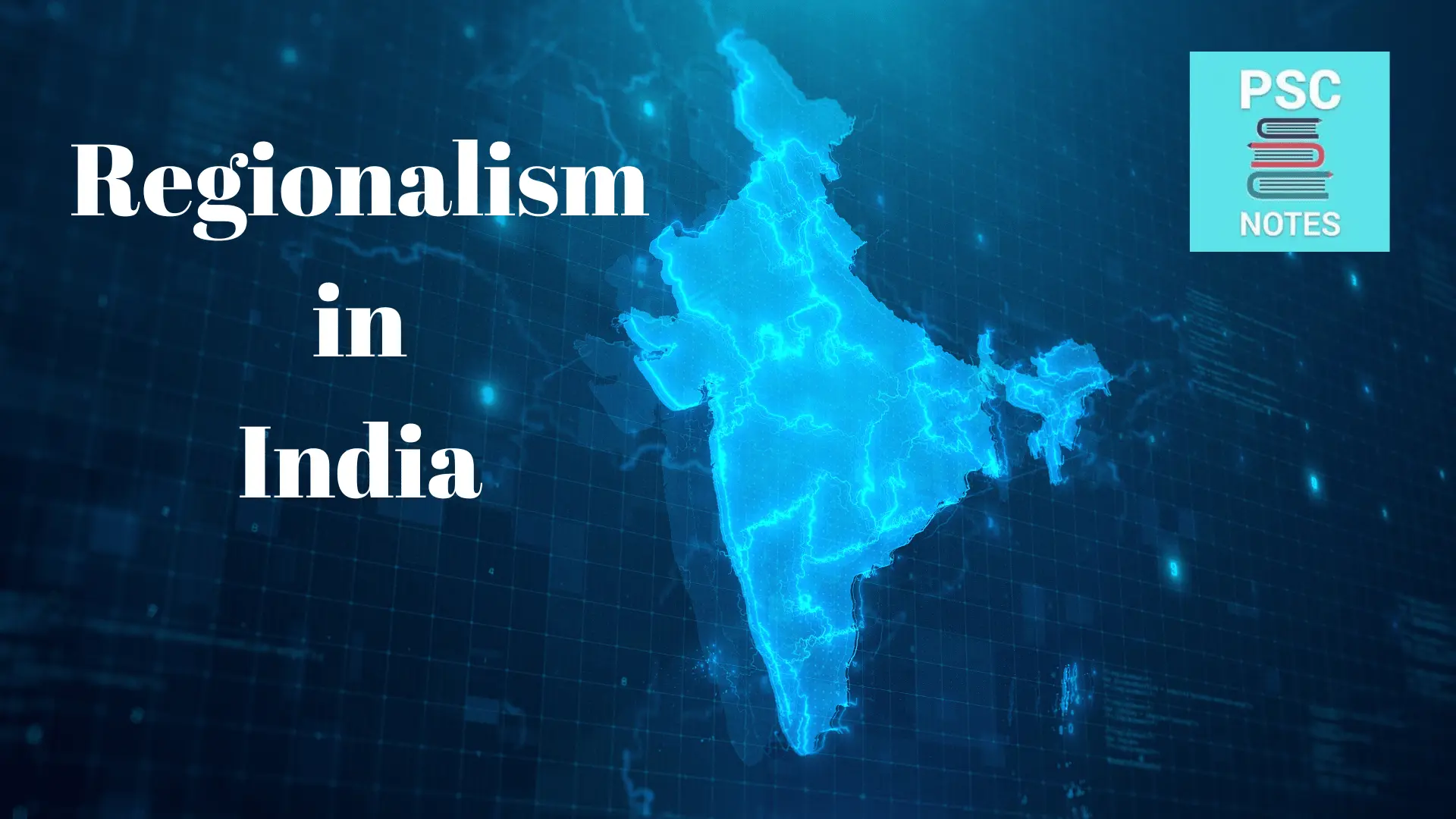Urban Local Bodies
The Urban Local Bodies: Pillars of Urban Governance in India India’s urban landscape is undergoing a rapid transformation, driven by a burgeoning population and economic growth. This dynamic shift necessitates robust and efficient urban governance structures to manage the challenges and opportunities presented by urbanization. At the heart of this governance framework lie the Urban … Read more
